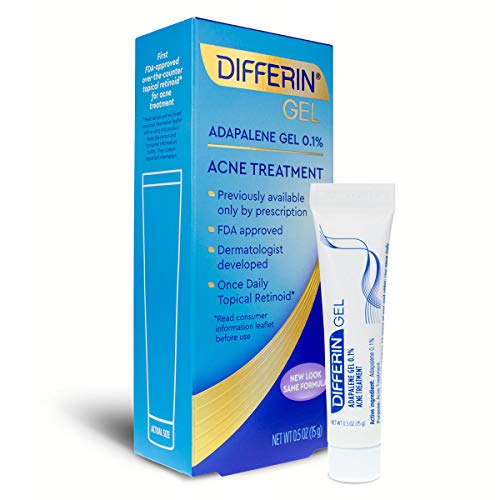Azelaic acid is a popular topical treatment for acne. It removes dead skin cells and kills acne-causing bacteria, and it is available as a gel and cream. Both are usually applied twice daily. They are not as irritant as other types of creams and gels, and they can be used on any part of the body. Azelaic acid is not recommended for pregnant women or nursing mothers. Some brands also have stronger concentrations than others.
Retinoids are topical medications for acne. They work by shrinking oil glands, which contribute to the formation of pimples. However, these products can have side effects, including birth defects, ulcerative colitis, and depression. In order to avoid any of these side effects, patients should enroll in a risk management program approved by the FDA, such as iPledge. In some cases, specialized therapies may be combined with retinoid creams.
Isotretinoin is another topical treatment for acne. It comes in cream and gel formulations, and is a strong anti-inflammatory and keratolytic. It is effective in clearing most types of acne, and has minimal side effects. Its use should not be confused with a prescription because it can have systemic effects. It is important to consult your doctor before starting any acne medication. If you are using one of these creams, be sure to check with your pharmacist for a list of available products.
BP is one of the most commonly used topical medicines for acne. It comes in cream and gel forms. Both are effective in reducing inflammation and preventing skin peeling. Although a gel is less irritating than a cream, it is important to note that it has some side effects, such as redness and dryness. Even when used in conjunction with other treatments for acne, it can still cause serious side effects. You should consult your physician before beginning any new acne medication.

BP and SA are the most common over-the-counter treatments for acne. They are available as a topical ointment, and may be applied as a wash-off cream. They are both very effective in treating acne, but are not safe to use on the skin for long periods of time. A good dermatologist will advise you to use both products in conjunction with another to get the best results. These drugs can interact with other medicines, which is why it is crucial to consult a physician before starting any new treatment.
In addition to topical products, physicians should consult with dermatologists to determine which acne medications are the best choices for you. These medications have been used successfully for a long time, but they have side effects. Because of their side effects, patients should consider whether they’re safe for their skin type and whether they are comfortable with their treatment. They should also consult their doctor if they are concerned about side effects. There are numerous products available for people with sensitive skin.
The most common form of topical medications for acne is tretinoin. It comes in different strengths and is prescribed for different types of skin. The drug is sold under the brand names Retin-A, Refissa, and Renova. It is a common choice for people with moderate or severe acne. Most prescriptions have a few side effects, though they are rare. You should speak with your doctor if you are concerned about any side effects.
Topical antibiotics are the most common type of acne medications. They are used for a number of reasons. Some of these include over-the-counter products, as well as acne treatments that contain over-the-counter medicines. For the best results, however, you should consult a doctor. These medications should be used regularly to prevent blemishes and to improve your skin condition. You should always consult a dermatologist if you are unsure whether an acne medication is right for you.
Antibiotics are commonly prescribed for acne and may be used orally or topically. They can be applied to the skin or taken orally. Some acne medications are more powerful than adapalene, so you might have to be patient to find the right one for you. A retinoid may be an option if you have severe acne, but it is important to consult your doctor about the best dosage. It is also important to note that topical medications can have systemic side effects, so be sure to follow the instructions on the label carefully.
